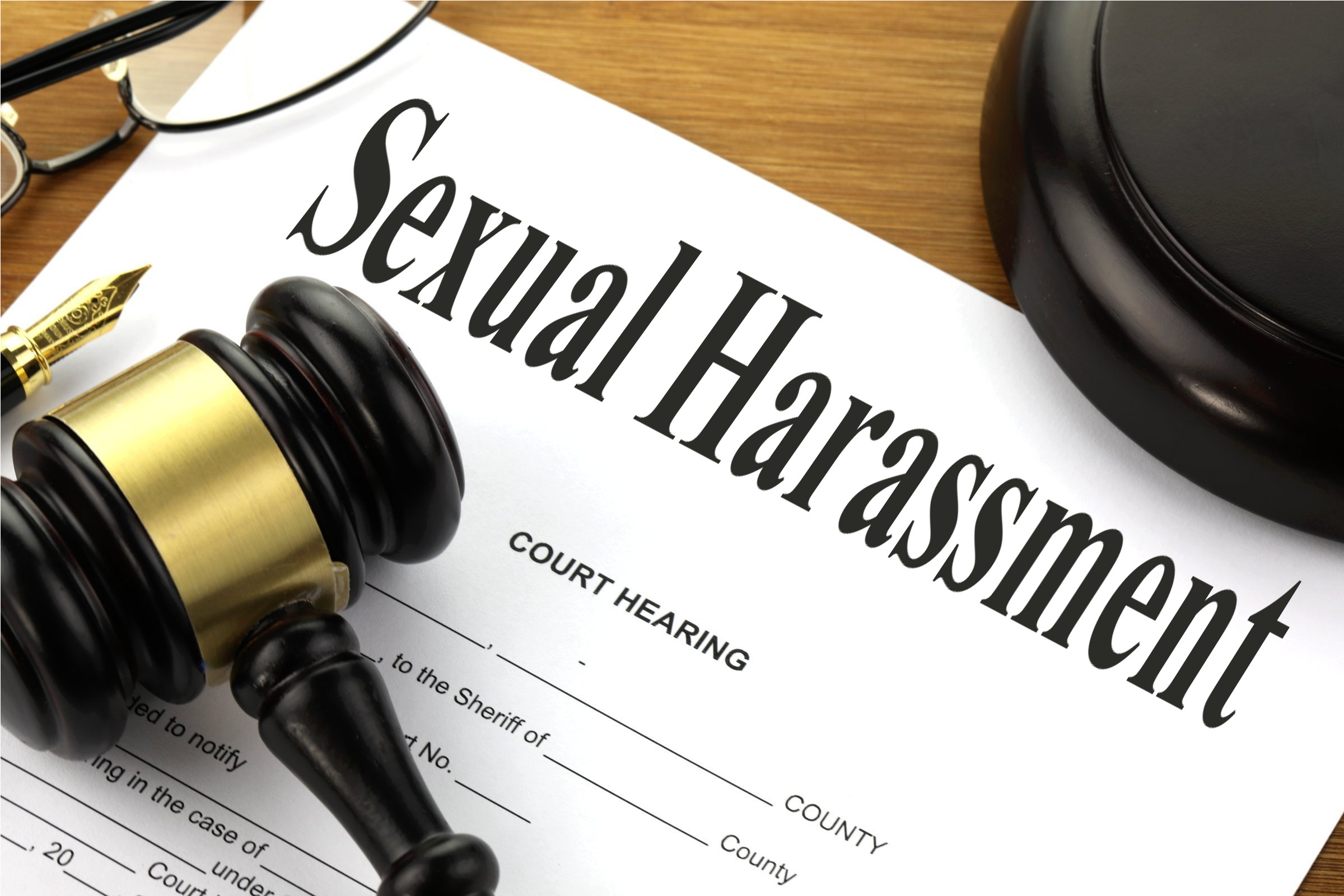Sexual harassment is a pervasive problem that affects women in various spheres of life. In this article, we will discuss what every woman needs to know about sexual harassment, its definition, types, and how to deal with it. We will also explore the legal and psychological aspects of sexual harassment and provide tips on how to stay safe.
Table of Contents
- Definition of Sexual Harassment
- Types of Sexual Harassment
- The Impact of Sexual Harassment
- What to Do if You Experience Sexual Harassment
- How to Report Sexual Harassment
- Legal Aspects of Sexual Harassment
- Psychological Effects of Sexual Harassment
- How to Stay Safe
- Tips for Preventing Sexual Harassment
- Workplace Policies and Procedures
- Support Systems for Victims of Sexual Harassment
- How to Support Someone Who Has Experienced Sexual Harassment
- Misconceptions about Sexual Harassment
- The Way Forward
- Conclusion
- FAQs
1. Definition of Sexual Harassment
Sexual harassment refers to any unwanted and unwelcome sexual advances, requests for sexual favors, or other verbal or physical conduct of a sexual nature that creates an intimidating, hostile, or offensive environment. Sexual harassment can occur in any setting, including the workplace, school, or social situations.
2. Types of Sexual Harassment
Sexual harassment can take different forms, including verbal, physical, and visual. Verbal sexual harassment includes unwanted sexual comments, jokes, or propositions. Physical sexual harassment includes unwanted touching, groping, or sexual assault. Visual sexual harassment includes the display of sexually explicit images or videos.
3. The Impact of Sexual Harassment
Sexual harassment can have severe psychological and emotional effects on the victim. It can lead to depression, anxiety, low self-esteem, and post-traumatic stress disorder (PTSD). Sexual harassment can also affect the victim’s work performance and relationships.
4. What to Do if You Experience Sexual Harassment
If you experience sexual harassment, it is essential to report it immediately to your supervisor or HR department. You can also report it to the police if it involves physical assault. It is important to keep a record of the incidents, including dates, times, and witnesses.
5. How to Report Sexual Harassment
Reporting sexual harassment can be intimidating, but it is essential to speak up. You can report it to your supervisor, HR department, or a sexual harassment hotline. You can also file a complaint with the Equal Employment Opportunity Commission (EEOC) or the Department of Fair Employment and Housing (DFEH).
6. Legal Aspects of Sexual Harassment
Sexual harassment is illegal under federal and state laws. Title VII of the Civil Rights Act of 1964 prohibits sexual harassment in the workplace, and the California Fair Employment and Housing Act (FEHA) prohibits sexual harassment in all settings. Victims of sexual harassment can sue their harassers and the organizations that employ them for damages.
7. Psychological Effects of Sexual Harassment
Sexual harassment can have long-lasting psychological effects on the victim. It can lead to depression, anxiety, and PTSD. Victims of sexual harassment may also experience difficulty sleeping, eating, and concentrating. It is important to seek professional help if you are experiencing psychological distress.
8. How to Stay Safe
There are several ways to stay safe from sexual harassment, including being aware of your surroundings, avoiding risky situations, and trusting your instincts. It is also important to set boundaries and communicate them clearly to others.
9. Tips for Preventing Sexual Harassment
Preventing sexual harassment requires effort from both individuals and organizations. Some tips for preventing sexual harassment include promoting a culture of respect, setting clear policies and procedures, and providing regular training and education on sexual harassment.
10. Workplace Policies and Procedures
Workplace policies and procedures are crucial in preventing sexual harassment. Organizations should have clear policies on sexual harassment and provide training to employees on what constitutes sexual harassment and how to report it. Employers should also take all reports of sexual harassment seriously and investigate them promptly.
11. Support Systems for Victims of Sexual Harassment
Victims of sexual harassment need support and understanding. Organizations can provide support systems such as counseling, employee assistance programs, and legal services to help victims cope with the trauma of sexual harassment.
12. How to Support Someone Who Has Experienced Sexual Harassment
If someone you know has experienced sexual harassment, it is important to offer support and listen to them. Avoid victim-blaming or minimizing their experience. Encourage them to report the incident and seek professional help if necessary.
13. Misconceptions about Sexual Harassment
There are several misconceptions about sexual harassment that can prevent victims from reporting it. Some common misconceptions include that sexual harassment only happens to women, that it is only physical in nature, and that it is the victim’s fault. It is essential to dispel these misconceptions and educate people about what constitutes sexual harassment.
14. The Way Forward
The fight against sexual harassment requires a collective effort from individuals, organizations, and society as a whole. It is crucial to promote a culture of respect, set clear policies and procedures, provide support systems for victims, and educate people on what constitutes sexual harassment.
15. Conclusion
Sexual harassment is a pervasive problem that affects women in various spheres of life. It can have severe psychological and emotional effects on the victim, and it is essential to report it immediately and seek professional help. Organizations have a crucial role to play in preventing sexual harassment by setting clear policies and procedures, providing regular training, and offering support systems for victims.
16. FAQs
- What are some common types of sexual harassment?
- Can men also experience sexual harassment?
- How can I prevent sexual harassment in my workplace?
- What should I do if I witness someone experiencing sexual harassment?
- Can I sue my harasser and the organization I work for?




